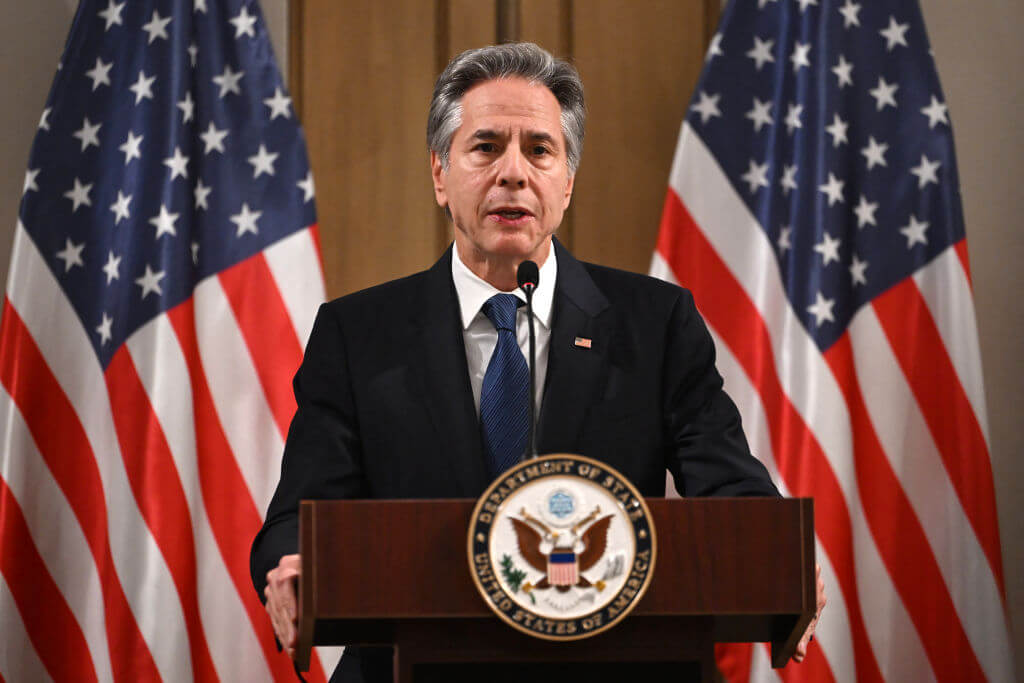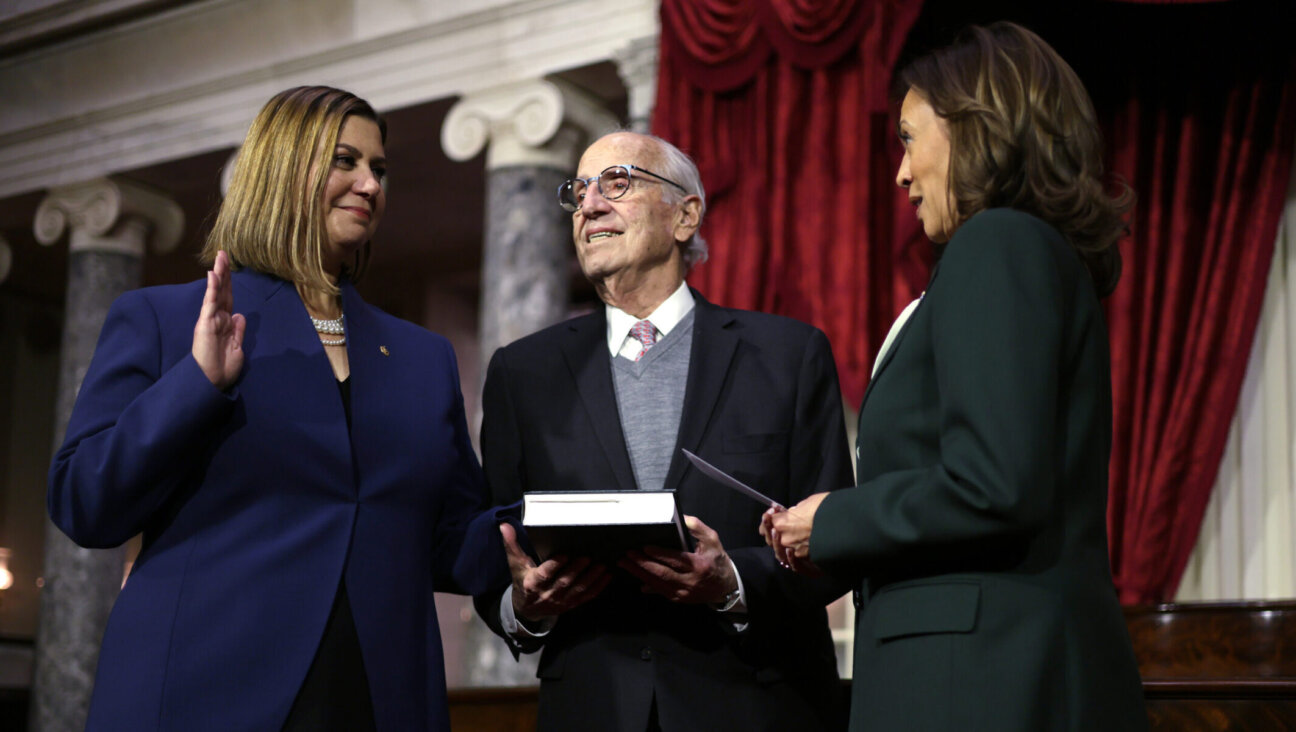Orthodox Leaders To Visit Controversial Slaughterhouse
Just days after a protest at the site of the nation’s largest kosher slaughterhouse, a group of Orthodox rabbis and community leaders will be visiting the plant in Iowa on July 31.
Agriprocessors, Inc., the country’s largest provider of kosher meat, is paying for a delegation of Orthodox rabbis and community leaders to visit the company’s massive plant in Postville, Iowa, and to meet with company representatives and local elected officials. One of the organizers of the trip said that the purpose of the visit was to determine whether the reports of worker abuse that have made headlines nationwide are, in fact, true.
“We’re going down to see for ourselves, ask our own questions, and see where the truth lies,” said Rabbi Pesach Lerner, who is executive vice president of the National Council for Young Israel, an umbrella group for Orthodox synagogues that is helping to organize the trip. “We’ve already learned that you can’t trust any of the papers in the media. Too many have their own agenda, and too many write with their own angles.”
Agriprocessors has faced heightened scrutiny for the past two years over the labor conditions at its Postville plant. Following a May 2006 report in the Forward on the plant’s labor conditions, several religious leaders conducted fact-finding missions of their own. An Orthodox rabbi from Minnesota who has provided kosher certification for Agriprocessors visited the plant and praised the working conditions. A delegation of Conservative rabbis was more critical after its own trip and subsequently started an initiative to monitor and certify working conditions in kosher food production.
The level of scrutiny on Agriprocessors has increased sharply in the wake of a massive federal raid on the slaughterhouse last May, in which federal agents arrested nearly 400 undocumented immigrants, most of them from Mexico and Guatemala. A number of newspapers have reported extensively on working conditions at the plant, and on July 27, liberal Jewish groups organized a protest in Postville.
Lerner, the trip organizer, declined to provide names of the people making the upcoming trip, but he said that the group would include 20 to 25 rabbis and organizational leaders from all parts of the country. Lerner also said that Agriprocessors was paying for the visit and that the trip would be closed to the press.
Menachem Lubinsky, president and CEO of the kosher industry consulting firm Lubicom and a spokesman for Agriprocessors, declined to comment on the visit.
Rabbi Morris Allen, who spearheaded the Conservative movement’s 2006 visit and has been one of the leading critics of Agriprocessors, praised the visit but urged the Orthodox group to speak with workers as well as officials.
“The more people who visit and take an interest in what’s going on in Postville, the better,” Allen told the Forward, adding that if the Orthodox leaders “really want to find out what’s going on, they need to speak not only with people at the plant but they need to speak with the workers, and the workers need to be able to talk openly and honestly, without any fear of intimidation or repercussions.”
Lerner said that no time had been set aside specifically to talk to workers but that Agriprocessors had assured the Orthodox delegation that its members could speak with anyone in the plant. He said he believed that some of the members of the group speak Spanish.
A message from our Publisher & CEO Rachel Fishman Feddersen

I hope you appreciated this article. Before you go, I’d like to ask you to please support the Forward’s award-winning, nonprofit journalism so that we can be prepared for whatever news 2025 brings.
At a time when other newsrooms are closing or cutting back, the Forward has removed its paywall and invested additional resources to report on the ground from Israel and around the U.S. on the impact of the war, rising antisemitism and polarized discourse.
Readers like you make it all possible. Support our work by becoming a Forward Member and connect with our journalism and your community.
— Rachel Fishman Feddersen, Publisher and CEO























